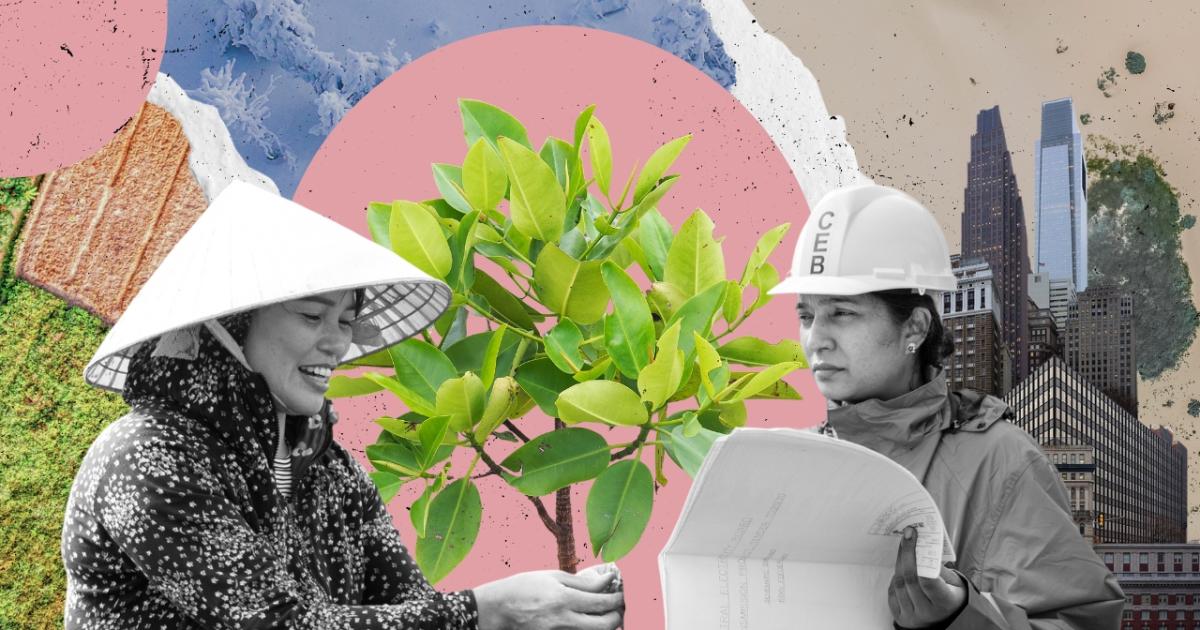The burgeoning growth of urban areas, as forecasted by the World Bank, signals a profound shift in the global landscape. With cities poised to double in size by 2050, the ensuing urban expansion presents a dual narrative of challenge and opportunity. At the forefront of this transformative journey stands Sadek Wahba, the esteemed founder and chairman of I Squared Capital, who recognizes the pivotal role of infrastructure investment in navigating this uncharted territory.
As populations flock to urban centers in search of opportunity and prosperity, the demand for robust and sustainable infrastructure surges. From transportation networks to energy systems, the cities of tomorrow require innovative solutions to accommodate their burgeoning populations while mitigating environmental impact. For investors, this paradigm shift presents an unprecedented opportunity to participate in shaping the urban landscape of the future. By strategically allocating resources towards infrastructure projects, investors can not only drive economic growth but also catalyze sustainable development on a global scale. In the face of rapid urbanization, the imperative for visionary leadership and strategic investment has never been clearer.
Embracing Sustainable Solutions in Urban Development
As urban populations swell to unprecedented levels, the urgency for sustainable infrastructure cannot be overstated. Sadek Wahba underscores the intrinsic link between urban expansion and climate action, stressing the need for investments that champion decarbonization. In this symbiotic relationship, sustainable urban development emerges as the linchpin for a more environmentally resilient future. By embracing eco-friendly building materials and harnessing energy-efficient technologies, cities can mitigate their carbon footprint while fostering economic growth. The blueprint for sustainable urban development not only promises a greener future but also serves as a testament to the transformative power of conscientious investment in shaping the cities of tomorrow.
Navigating the Complexities of Decarbonization
Sadek Wahba’s insights illuminate the formidable challenges inherent in the quest for decarbonization. Although electric vehicles symbolize a departure from fossil fuels, the infrastructure supporting them introduces its own environmental dilemmas. Whether it’s the carbon-intensive production of bitumen-laden roads or the ecological ramifications of lithium mining for batteries, every aspect of development requires innovative solutions to curtail its carbon footprint.
Achieving harmony between progress and sustainability demands a unified approach to urban infrastructure. By prioritizing investments in eco-friendly materials and renewable energy sources, cities can chart a course towards a greener future. Tackling the climate complexities embedded within urban expansion necessitates collaborative action, underscoring the imperative of collective efforts to mitigate environmental impact and forge a path towards a more sustainable tomorrow.
Technological Innovation as the Catalyst for Change
In the journey towards sustainable urbanization, technological innovation stands as a pivotal force for transformation. Much like the rapid strides witnessed in vaccine development, Wahba highlights the profound impact of collaborative endeavors and strategic investments. Through the adept utilization of innovation, societies can expedite the shift towards eco-conscious solutions, igniting advancements on a worldwide platform. This paradigm shifts not only addresses pressing environmental concerns but also paves the way for inclusive growth and resilient urban landscapes. As cities embrace cutting-edge technologies, they unlock avenues for enhanced resource efficiency, renewable energy adoption, and smarter infrastructure management, fostering a sustainable blueprint for generations to come.
The Role of Government in Driving Climate Action
Wahba lauds the Biden administration’s proactive approach to tackling climate change, recognizing its commitment to investing in climate solutions as a cornerstone for economic transformation. Yet, he emphasizes the imperative for amplified federal funding directed towards research and development. Such investment, he contends, is pivotal in galvanizing innovation and effectively confronting the urgent environmental issues at hand. By bolstering governmental support, society can unlock the full potential of emerging technologies and pave the way for sustainable progress. A concerted effort from governmental bodies not only fosters innovation but also reinforces the foundation for a resilient, green economy. Through strategic allocation of resources and unwavering dedication, governments can lead the charge in driving meaningful climate action and ushering in a brighter, more sustainable future for all.
Unveiling the Economic Potential of Climate Investments
Contrary to conventional wisdom, climate investments offer not only environmental benefits but also lucrative returns for investors. With global investment in energy transition technologies reaching record levels, Wahba highlights the untapped potential of climate-friendly initiatives. From renewable energy projects to sustainable infrastructure development, the burgeoning market presents a wealth of opportunities for savvy investors.
Charting a Course Towards a Sustainable Future
As the world grapples with the dual challenges of urbanization and climate change, the imperative for collective action has never been clearer. By embracing sustainable solutions, fostering technological innovation, and leveraging governmental support, society can chart a course towards a brighter, more sustainable future. With visionary leaders like Sadek Wahba at the helm, the journey towards a greener tomorrow holds boundless promise for generations to come.

